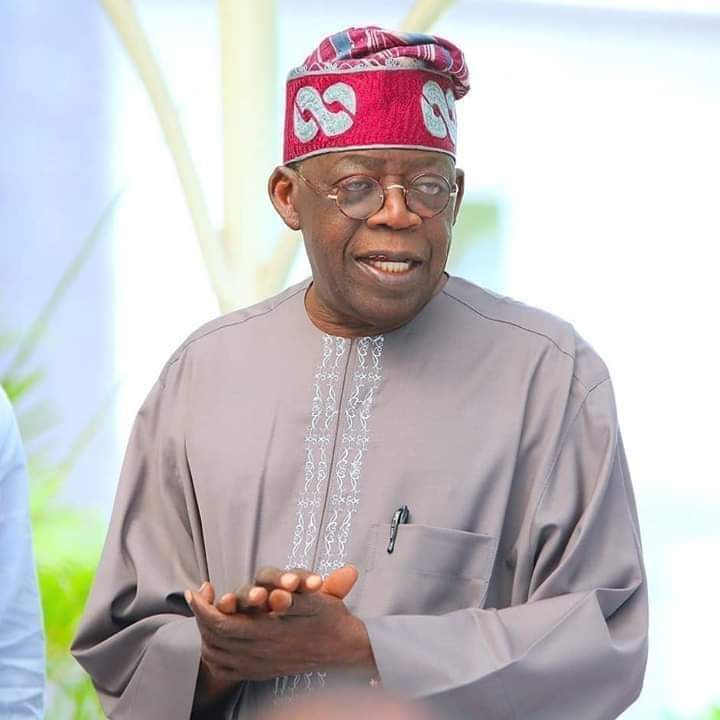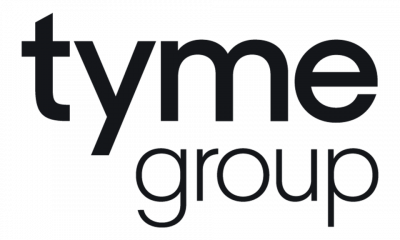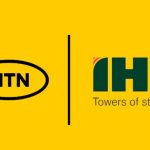Banking
Standard Bank Chooses Flutterwave to Drive Digital Transformation
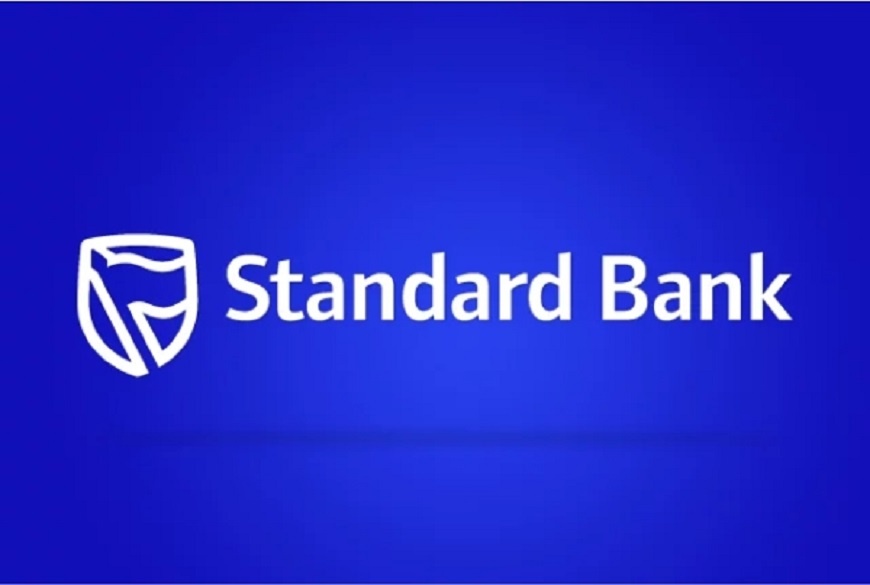
By Modupe Gbadeyanka
Africa’s leading payments technology company, Flutterwave, has been chosen to drive the digital transformation efforts of Standard Bank Group, the continent’s largest bank by assets.
With this development, Flutterwave will enhance digital payments experiences for the lender’s customers in Nigeria, Zambia, Tanzania, Uganda, Ghana, Mauritius, Cote D’Ivoire and Malawi.
A statement from the bank said both parties are collaborating to build e-commerce, card issuing, payments, collections, USSD, lending, and buy-now-pay-later capabilities for millions of Africans.
The integration will help customers including individuals, SMEs, large companies and institutions to fully leverage the power of digital payments and e-commerce to grow their businesses.
The COVID-19 crisis has changed how people buy and sell across Africa – enabling a massive shift to digital payments and e-commerce.
According to Statista, digital responses were key to improving services within several sectors such as business, healthcare and education. A shift to digital payments accounted for 33 per cent of all COVID-19 responses by governments and the private sector of Sub-Saharan African countries in 2020.
Institutions, businesses and individuals continue to think of ways to reach their customers using digital channels. With this partnership, Standard Bank will provide agile tech solutions to its customers to help them grow their businesses online and offline. This partnership denotes the unique collaborative relationship that exists between banks and fintechs across Africa where the customers’ needs and satisfaction take utmost priority.
Commenting on the news, Olugbenga GB Agboola, founder and Chief Executive Officer of Flutterwave said: “We are proud that Flutterwave’s white-label services power digital efforts for top banks in Africa.
“Our partnership with Standard Bank demonstrates that fintechs and banks are not competitors but trusted partners with the key focus being the customer.
“We plan to grow financial and digital inclusion through this partnership and in the long run, we expect to generate more jobs in the digital economy and enable rapid business growth across the continent.”
On his part, the CEO of Stanbic IBTC Holdings, Mr Demola Sogunle, reinforced the importance of the partnership to Stanbic IBTC’s customers.
“In its over three decades of existence, Stanbic IBTC has a rich heritage of serving customers and contributing to the growth of the Nigerian economy. At Stanbic IBTC, we see Nigeria as our home and we drive her growth.
“The selection of Flutterwave as our digital transformation partner reflects our resolve to deliver real impact and opportunities to our various customers. It is also a reflection of our mission to adopt digital strategies to improve our services and processes, being an innovation-driven financial institution,” he said.
Also speaking during the announcement, Eric Fajemisin, Head, Wholesale Clients, Stanbic IBTC Bank said: “One of the mandates on our evolution to a client segment-led organisation is to partner with trusted partners in our ecosystem to meet our clients’ needs.
“This partnership with Flutterwave is one that gives credence to that and enables us to connect with our clients via digital platforms further reiterating our well-earned status as their partner as they also transform within their businesses.”
Commenting on the benefits of the Flutterwave partnership to the financial institution’s customers, Olu Delano, Head, Client Coverage, Stanbic IBTC Bank, stated: “Our collaboration with Flutterwave is a testament to a renewed drive and focus on our future-ready transformation ambition.
“With our clients as the focus and centre of this partnership, we are building a platform and payment system to support our customers and their targeted ecosystem across Africa, ultimately delivering exceptional service and enhancing customer experience.”
Banking
GTBank Offers Customers 2.95% on Quick Airtime Loan Via *737*90# Code

By Modupe Gbadeyanka
Customers of Guaranty Trust Bank (GTBank) Limited in need of quick airtime on their phones for payment later can now do so at an interest rate of 2.95 per cent.
The flagship banking franchise of GTCO Plc, in a statement, said this innovative digital solution gives customers instant access to airtime when they run out of call credit and have limited funds in their bank accounts, ensuring they can stay connected when it matters most.
The service known as the Quick Airtime Loan highlights GTCO’s evolution as a fully diversified financial services group.
Leveraging HabariPay’s Squad, the solution reinforces the group’s ecosystem proposition by bringing together banking, payment technology, and digital channels to deliver intuitive, one-stop experiences for customers.
The Quick Airtime Loan service was created to help customers address missed opportunities, disrupted plans, and lost connections, often at the very moment when funds are tight and options are limited.
The product offers users instant access to airtime on credit, directly from their bank.
With Quick Airtime Loan, eligible GTBank customers can access from N100 and up to N10,000 by dialling *737*90#. Available across all major mobile networks in Nigeria, the service will soon expand to include data loans, further strengthening its proposition as a reliable on-demand platform.
For years, the airtime credit market has been dominated by Telcos, where charges for this service are at 15 per cent, but GTBank is now changing the narrative by offering a customer-centric, bank-led digital alternative priced at 2.95 per cent.
Built on transparency, convenience and affordability, Quick Airtime Loan has the potential to broaden access to airtime, deliver meaningful cost savings for millions of Nigerians, and redefine how financial services show up in everyday life, not just in banking moments.
“Quick Airtime Loan reflects GTBank’s continued focus on delivering digital solutions that are relevant, accessible, and built around real customer needs.
“The solution underscores the power of a connected financial ecosystem, combining GTBank’s digital reach and lending expertise with the capabilities of HabariPay to deliver a smooth, end-to-end experience.
“By leveraging unique strengths across the Group, we can accelerate innovation, strengthen execution, and deliver a more integrated customer experience across all our service channels,” the Managing Director of GTBank, Ms Miriam Olusanya, commented.
Banking
UBA Taps $100bn Annual Diaspora Flows With New Platform
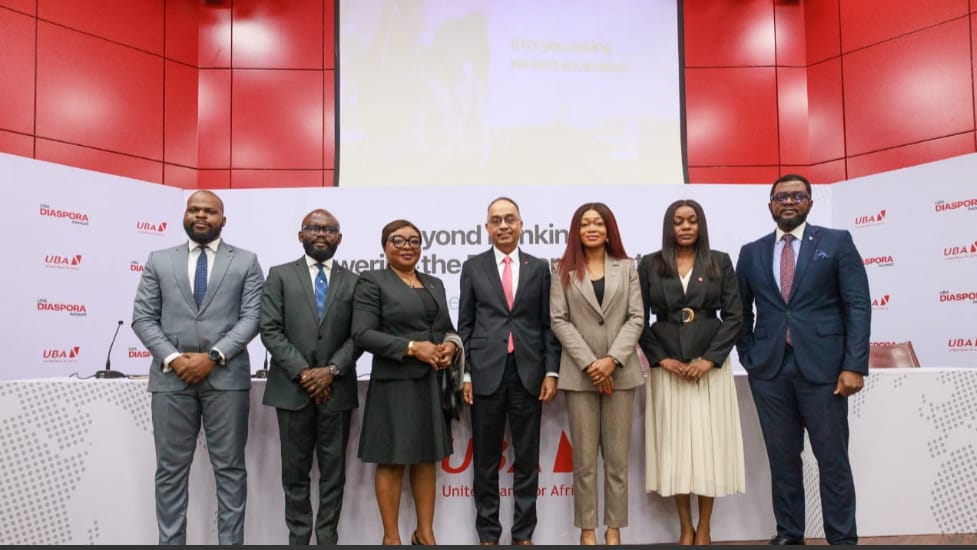
By Modupe Gbadeyanka
United Bank for Africa (UBA) Plc has introduced a diaspora platform designed to connect global Africans with investment and wealth opportunities.
This platform, according to the lender’s Head of Diaspora Banking, Mr Anant Rao, would be used to tap into the $100 billion diaspora remittance flows to Africa annually.
Mr Rao stated that the objective is to provide a platform that brings together offerings across the numerous needs of the global African, including banking and payments, investments, securities services, asset management, insurance, pensions, and real estate.
“Diaspora capital is not just a flow of funds — it is a strategic growth partner for Africa.
“Our role is to provide a trusted platform that converts capital into structured investment and shared prosperity across the continent,” he stated at the unveiling of this platform in Lagos recently.
Business Post gathered that this diaspora banking and investment platform will serve Africans living and working across the world and within the continent.
It was launched in collaboration with leading ecosystem partners, including United Capital, Africa Prudential, UBA Pensions, Afriland Properties, Heirs Insurance Group, and Avon Healthcare Limited.
“For decades, Africa’s engagement with its diaspora has focused largely on remittances. Today, we are moving beyond that. This platform represents a transition from simple money transfers to a financial ecosystem where Africans globally can bank, make payments, invest, protect their families, and build long-term wealth seamlessly,” Mr Rao further said.
It was learned that through this coordinated ecosystem, diaspora customers can access financial solutions across multiple sectors through a single trusted platform, enabling them to manage their financial lives and family commitments across borders with ease and transparency.
Also speaking, the Head of Marketing and Corporate Communications for UBA, Ms Alero Ladipo, noted that, “The modern African is a global citizen, mobile, ambitious, and deeply connected to home. Whether living in Africa, Europe, the Americas, or the Middle East, there must be a structured and secure financial connection back home. This platform ensures that Africans everywhere can remain economically connected to the continent with confidence and transparency.”
Partners within the ecosystem highlighted growing demand among diaspora Africans for structured investment opportunities, secure property ownership, insurance protection, and long-term financial planning.
United Capital showcased globally accessible investment products designed to deliver professionally managed and transparent wealth creation opportunities.
Afriland Properties emphasised structured and well-governed real estate investment pathways for diaspora clients.
Heirs Insurance highlighted protection solutions for life and assets, while Avon Healthcare Limited demonstrated healthcare access and insurance solutions for families across borders.
Africa Prudential and UBA Pension reinforced digital investment management and long-term pension savings solutions designed to support diaspora participation in African capital markets.
They all underscored a shared commitment to providing diaspora Africans with credible, transparent, and professionally managed financial pathways.
Banking
Polaris Bank Embeds Gift Card Feature in VULTe

By Aduragbemi Omiyale
A new Gift Card feature has been added to the digital lifestyle platform of Polaris Bank Limited, known as VULTe.
The gift card catalogue includes leading brands and platforms such as Amazon, SureGift, Visa and MasterCard Prepaid Cards, iTunes and Apple, Google Play, Steam, Razer Gold, Netflix, Spotify, Starbucks, and PaySafeCard, covering everything from physical goods and digital content to subscriptions, gaming, and everyday essentials.
This feature allows for a faster and smarter way for users to send love, appreciation, and rewards across borders, enabling customers to deliver global brand gift cards to family and friends anywhere in the world in seconds.
Designed for speed, security, and everyday relevance, the feature allows users to choose from a wide range of international and local brands spanning groceries, beauty and wellness, fashion, electronics, entertainment, gaming, and lifestyle services, all seamlessly accessible on VULTe.
Whether it is paying for a Netflix subscription in London, sending Spotify Premium to a friend in Accra, gifting a Starbucks coffee in New York, or helping a loved one shop at Amazon or Shoprite, VULTe’s Gift Card feature transforms digital transfers into meaningful real-world experiences, powered by Polaris Bank’s secure digital infrastructure.
Users log in to VULTe, select Lifestyle, choose Gift Card, pick a preferred brand, enter the amount and recipient’s email, confirm the transaction, and authorise with their PIN. The gift card is delivered instantly, removing shipping delays, currency barriers, and geographic limitations.
With this feature on VULTe, Polaris Bank reinforces its commitment to digital innovation and lifestyle banking, positioning VULTe as a bridge between financial services and everyday global experiences, enabling customers to turn simple moments into meaningful connections delivered instantly, securely, and without borders.
-

 Feature/OPED6 years ago
Feature/OPED6 years agoDavos was Different this year
-
Travel/Tourism10 years ago
Lagos Seals Western Lodge Hotel In Ikorodu
-

 Showbiz3 years ago
Showbiz3 years agoEstranged Lover Releases Videos of Empress Njamah Bathing
-

 Banking8 years ago
Banking8 years agoSort Codes of GTBank Branches in Nigeria
-

 Economy3 years ago
Economy3 years agoSubsidy Removal: CNG at N130 Per Litre Cheaper Than Petrol—IPMAN
-

 Banking3 years ago
Banking3 years agoSort Codes of UBA Branches in Nigeria
-

 Banking3 years ago
Banking3 years agoFirst Bank Announces Planned Downtime
-

 Sports3 years ago
Sports3 years agoHighest Paid Nigerian Footballer – How Much Do Nigerian Footballers Earn










